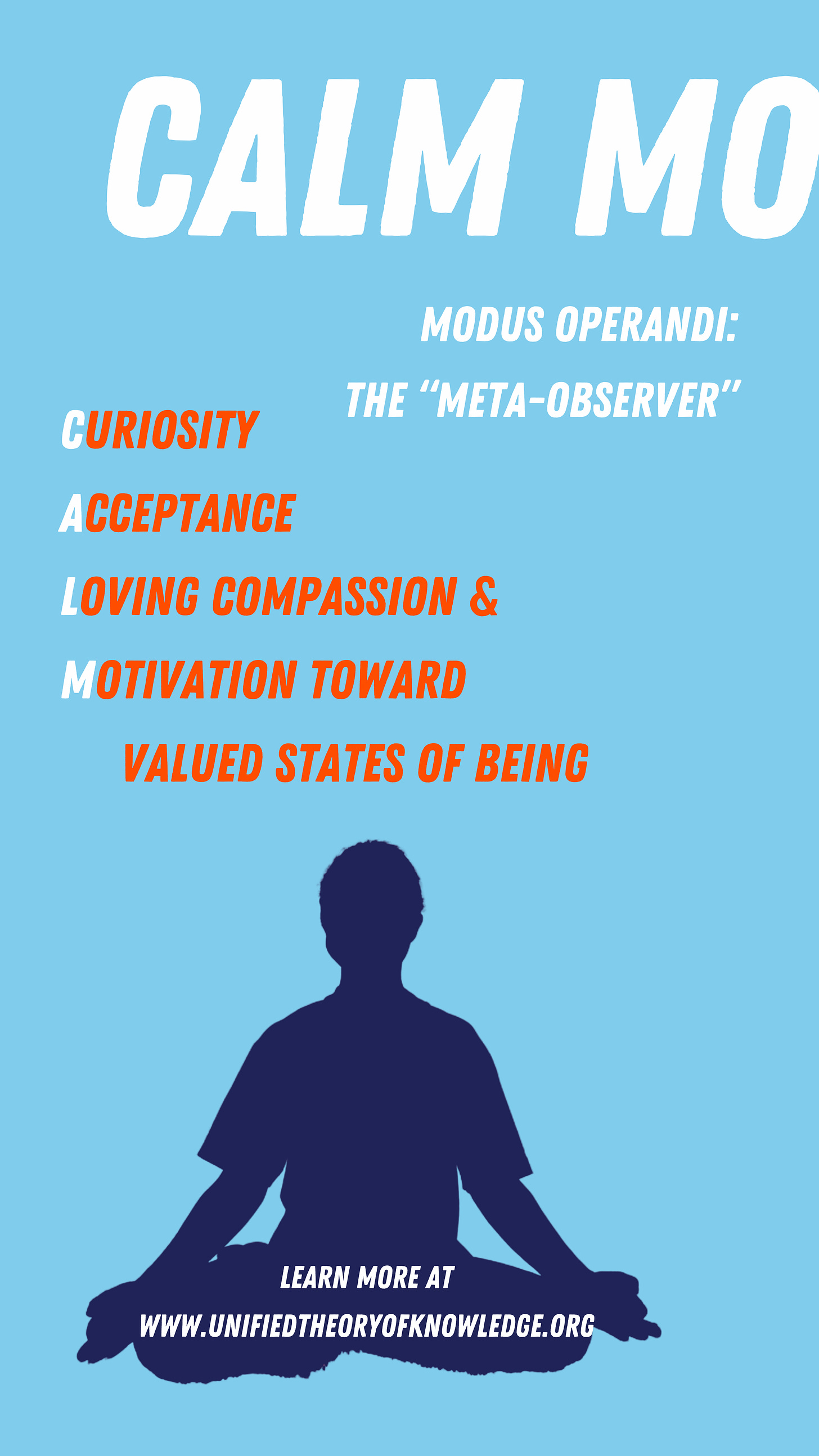Saturday’s conversation with Dr. Gregg Henriques (published here on Monday) was a marvelous experience for me.
I can’t say I learned any facts. Everything the professor said was stuff that I either knew on my own, or from conversations I’d heard with him or others.
That said, I did learn a lot about him personally, and understood his work better in a narrative of who he is and how his thought has evolved over time.
Which brings me to what I found most helpful from the conversation.
I am a critical thinker, high in irony, whose healthy skepticism can sometimes metastasize into cynicism. My worldview is crucial in keeping this in check.
It doesn’t help that my boyhood Catholicism (which I still practice, now with sincere irony and learned ignorance) gave me an idea that my problems could be solved by the power of a personal God. While I still pray, I’m much more in line with Nishitani’s Religion and Nothingness than I am with the Precious Moments bible my grandmother gave to me as a kid. (The conversation with Gregg was also helpful with this.)
What am I saying? Every time I have a critical thought, it is important to embed that in a larger narrative in which I am more or less content with my current situation, and positioned for the likelihood of growth. My problem is that I fall into pitfalls of cynical thinking where I feel that the negative aspects of a current situation define my entire reality.
Gregg showed me that it might be perfectly reasonable to feel bad about my situation. It is crucial to check in with my Primate Self (or Inner Child, or core self, or whatever model you’re using) to say, “Hey, I feel you, buddy. We’re gonna get through this.”
External people are not going to do this for me. Especially as it is so difficult for me to define my internal goals and characterize my worldview to others. Most people try to put out the grease fire with gasoline, trying to help me change how I think about the situation itself or telling me “not to worry about it.”
While it’s nice that people care, this doesn’t really help.
And, while I’m genuinely grateful that people try to help, often the result is an even deeper sense of loneliness and isolation, alienation and awkwardness.
Fortunately, this does not have to be the definition of my experience, and there are real social tools (many of them provided by the internet) which I can tap to help me reconfigure my larger narrative.
Rome was built over Millennia, and is still being born.
So, while I have zero irrational hopes, a sense of overall Hope resounds, nevertheless.
This is important in my Catholic schema, as the theological virtues are Faith, Hope, and Charity. (Incidentally, I believe that a working aspiration toward these virtues is a recipe for a meaningful life.)
Hope doesn’t mean that I think some magic solution is going to suddenly arise, that I’m going to levitate after death to a perfect paradise or somehow I’m finally going to crack the code and become a hundred-thousandaire.
It means that making the better choice in difficult situations pays off incrementally in ways that compound to a Better State of Being.
So, when something goes bad at work, I don’t need to spiral into some self-destructive narrative about how I’ve failed at becoming a writer, and I can’t even manage to do this stupid thing. I can instead experience the discomfort and assess what is the best thing to do in this moment.
Sometimes that’s as easy as cutting myself some slack and taking a break, company policy be damned. It’s often as easy as breathing.
Thanks for reading, I love writing to you.





